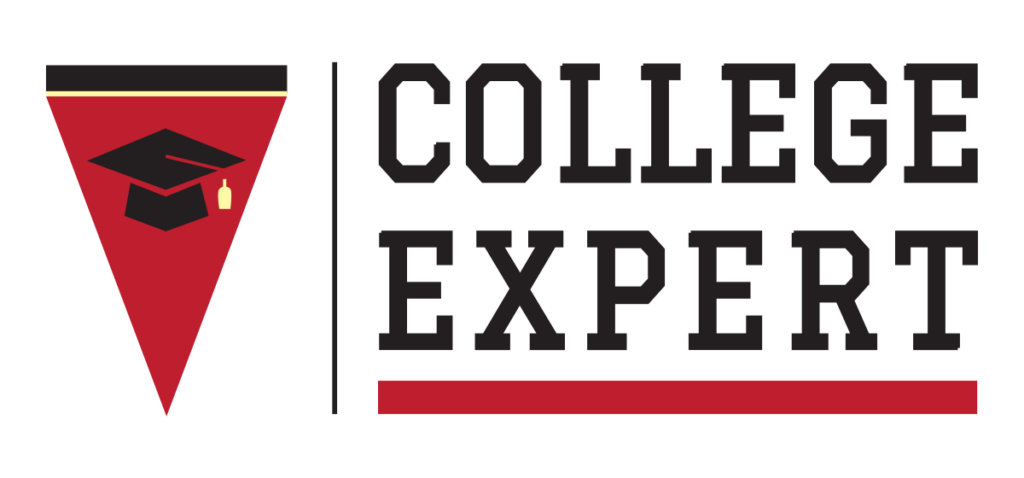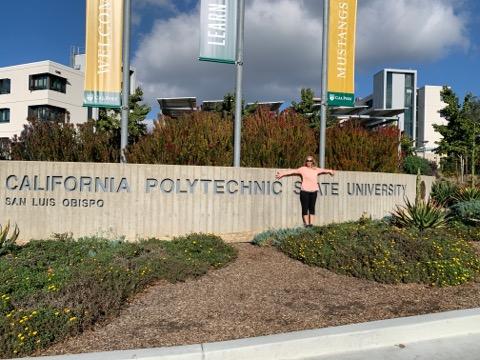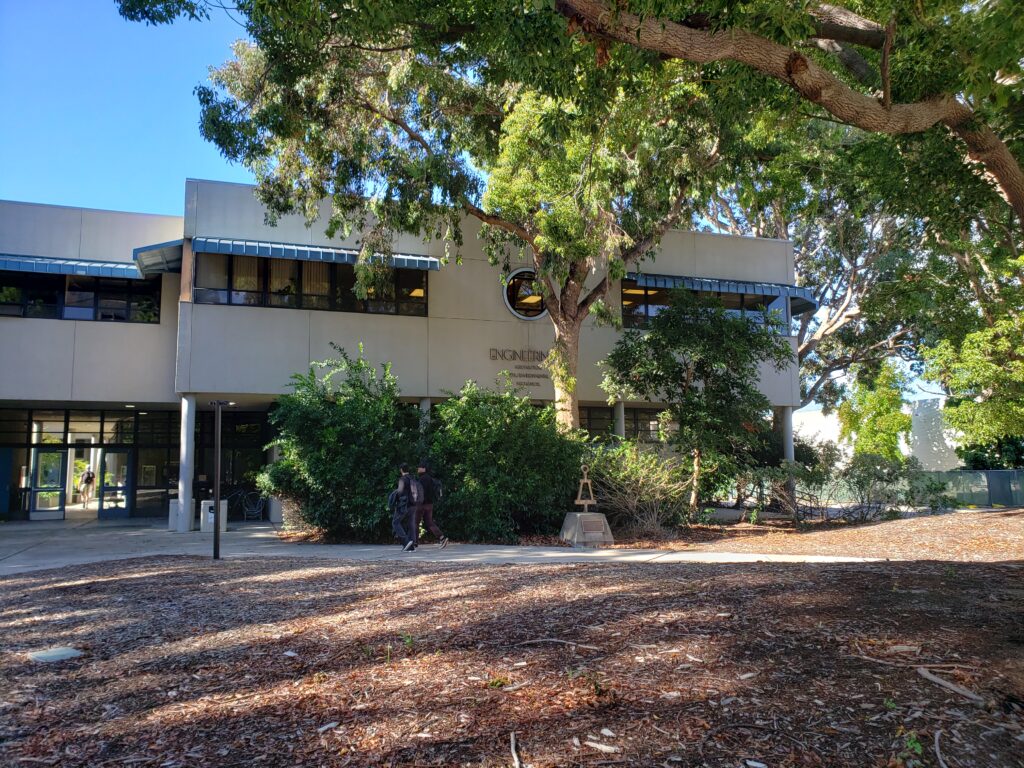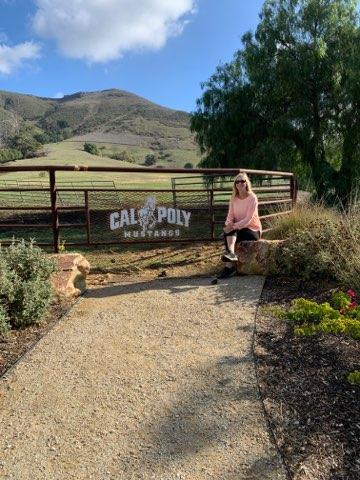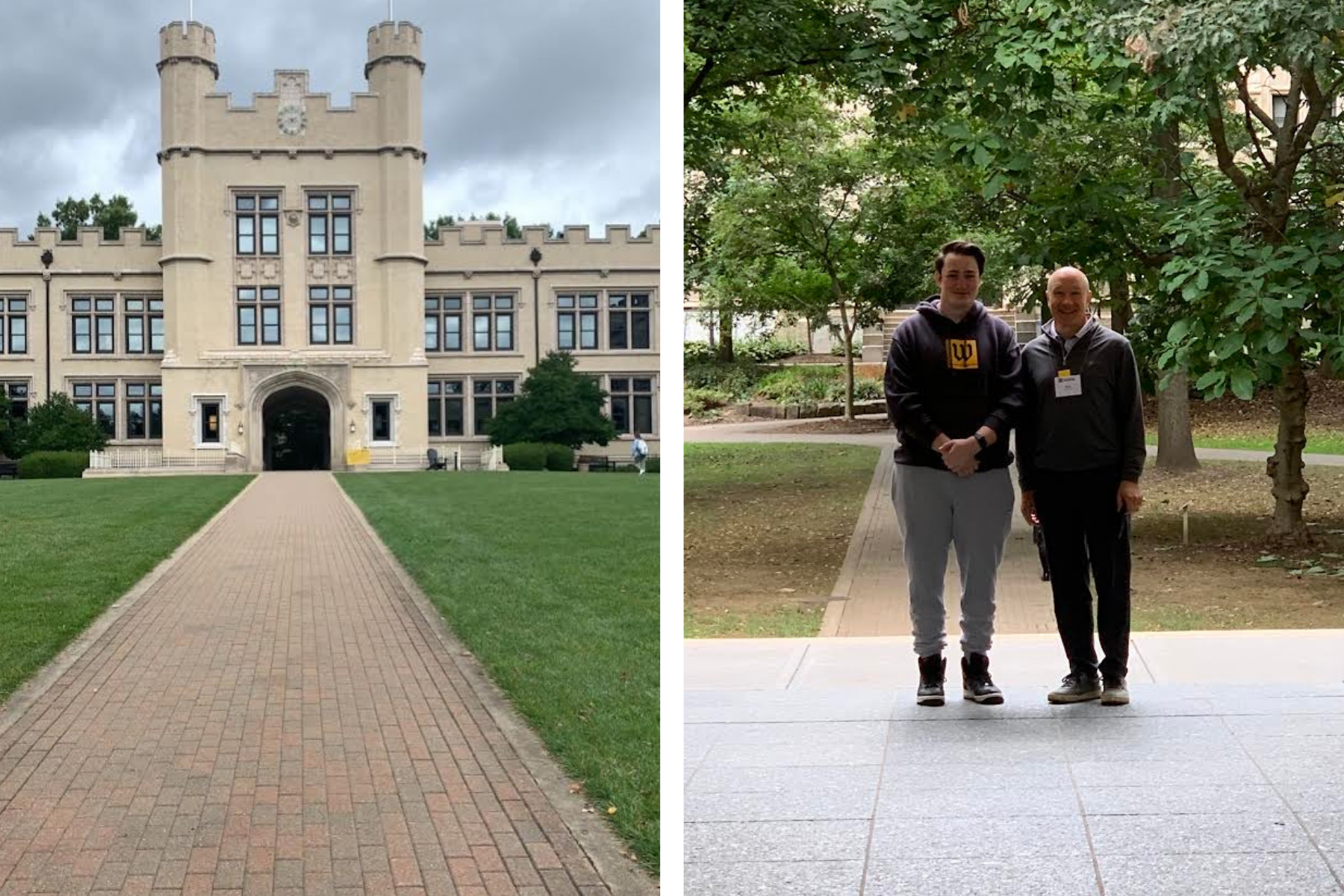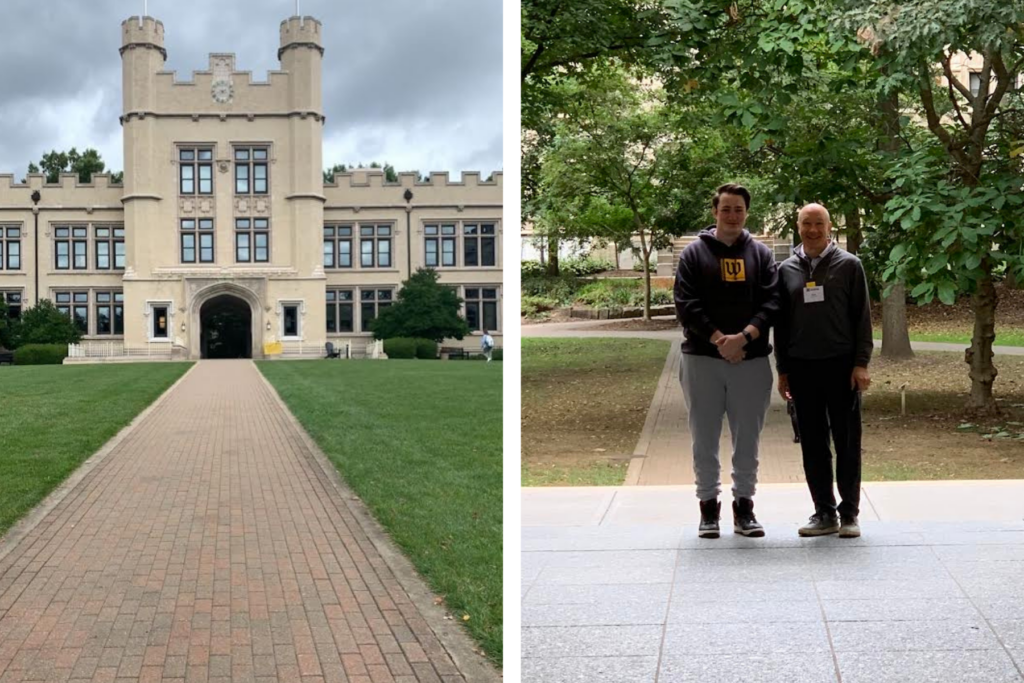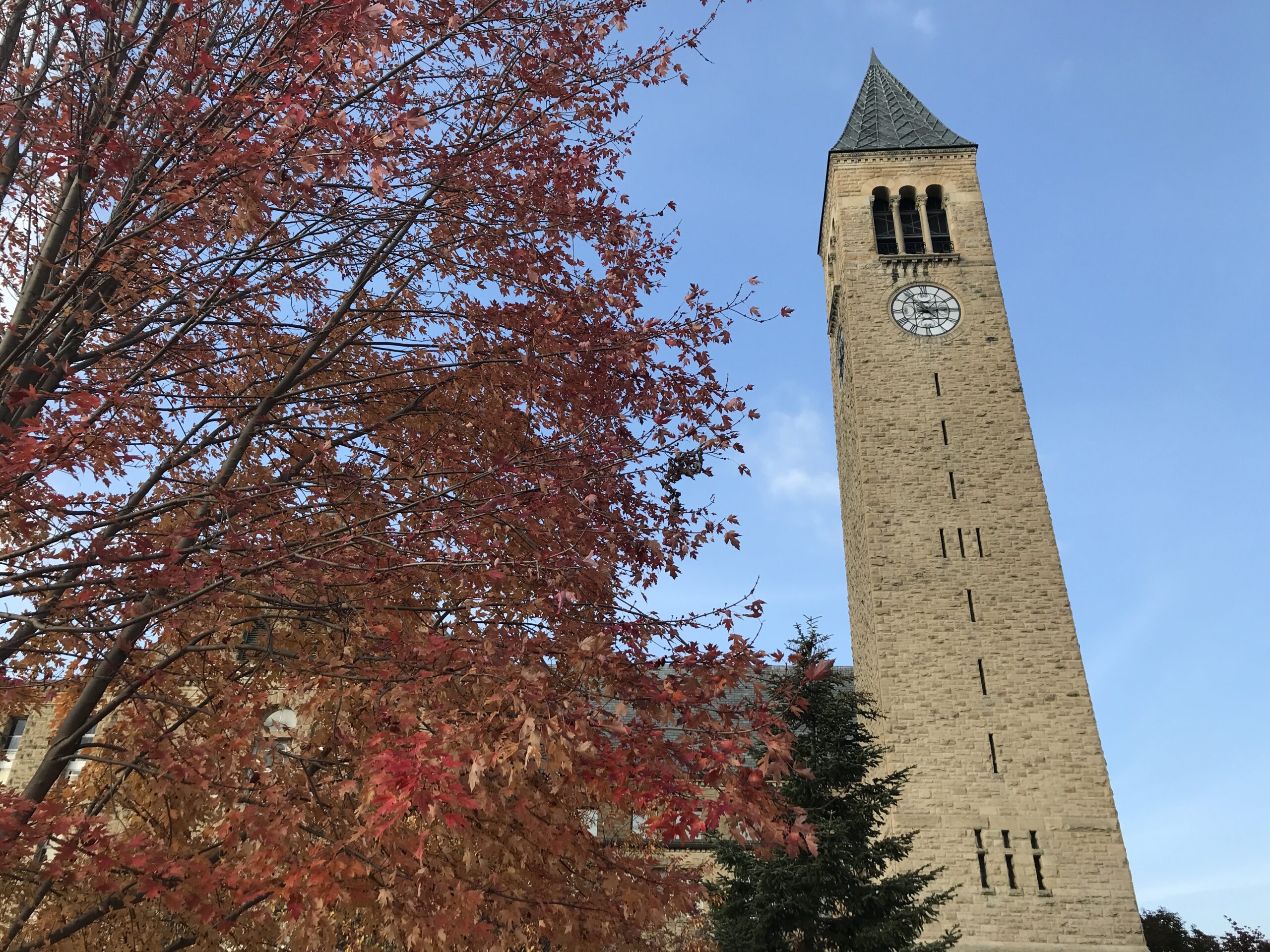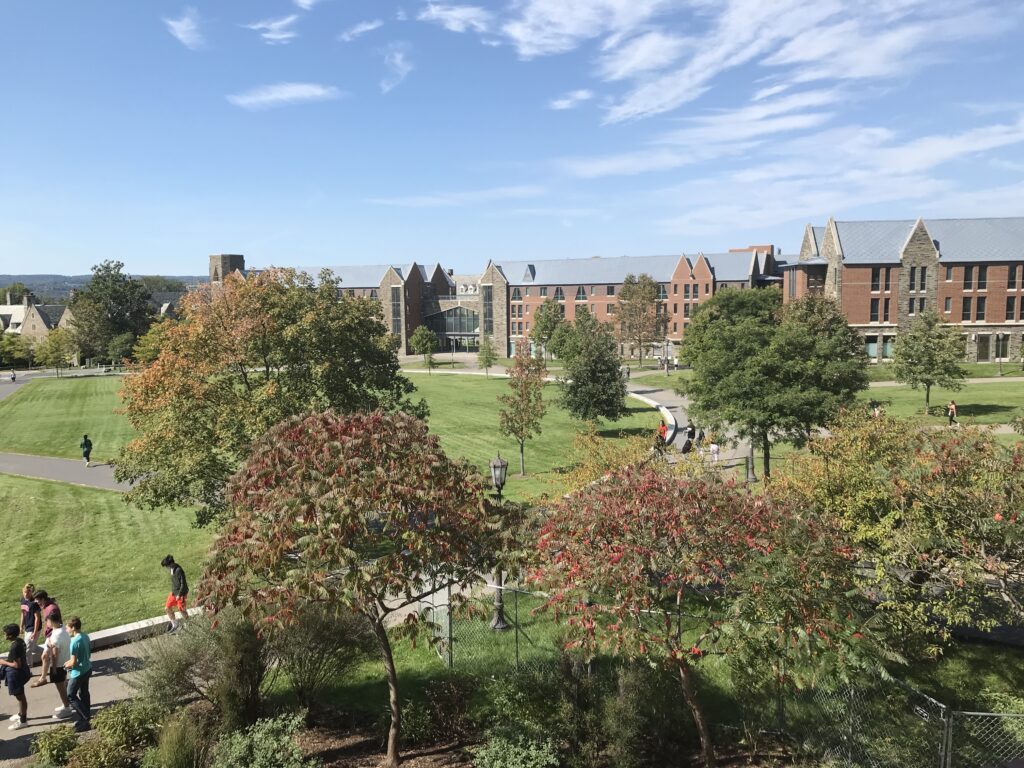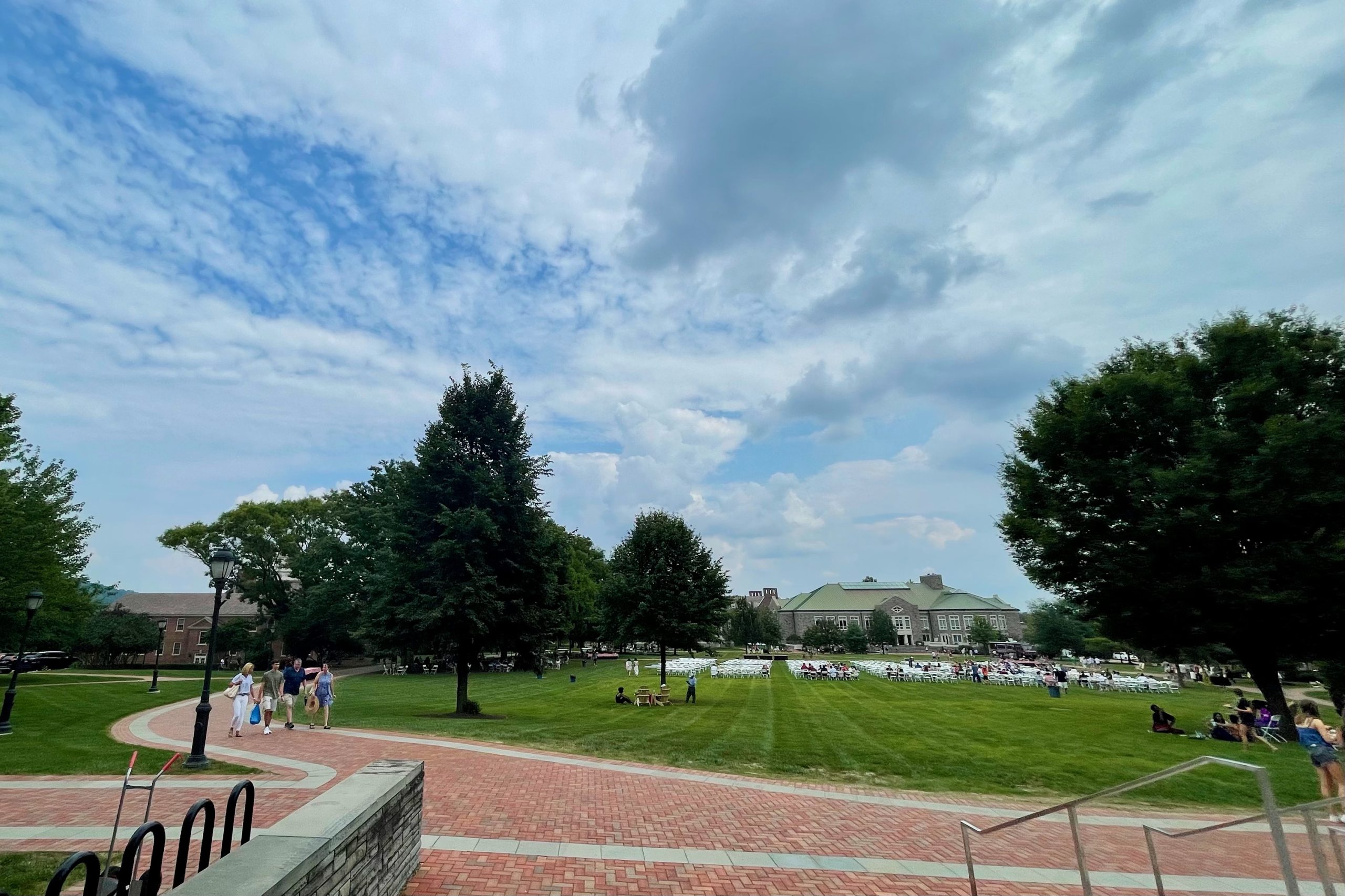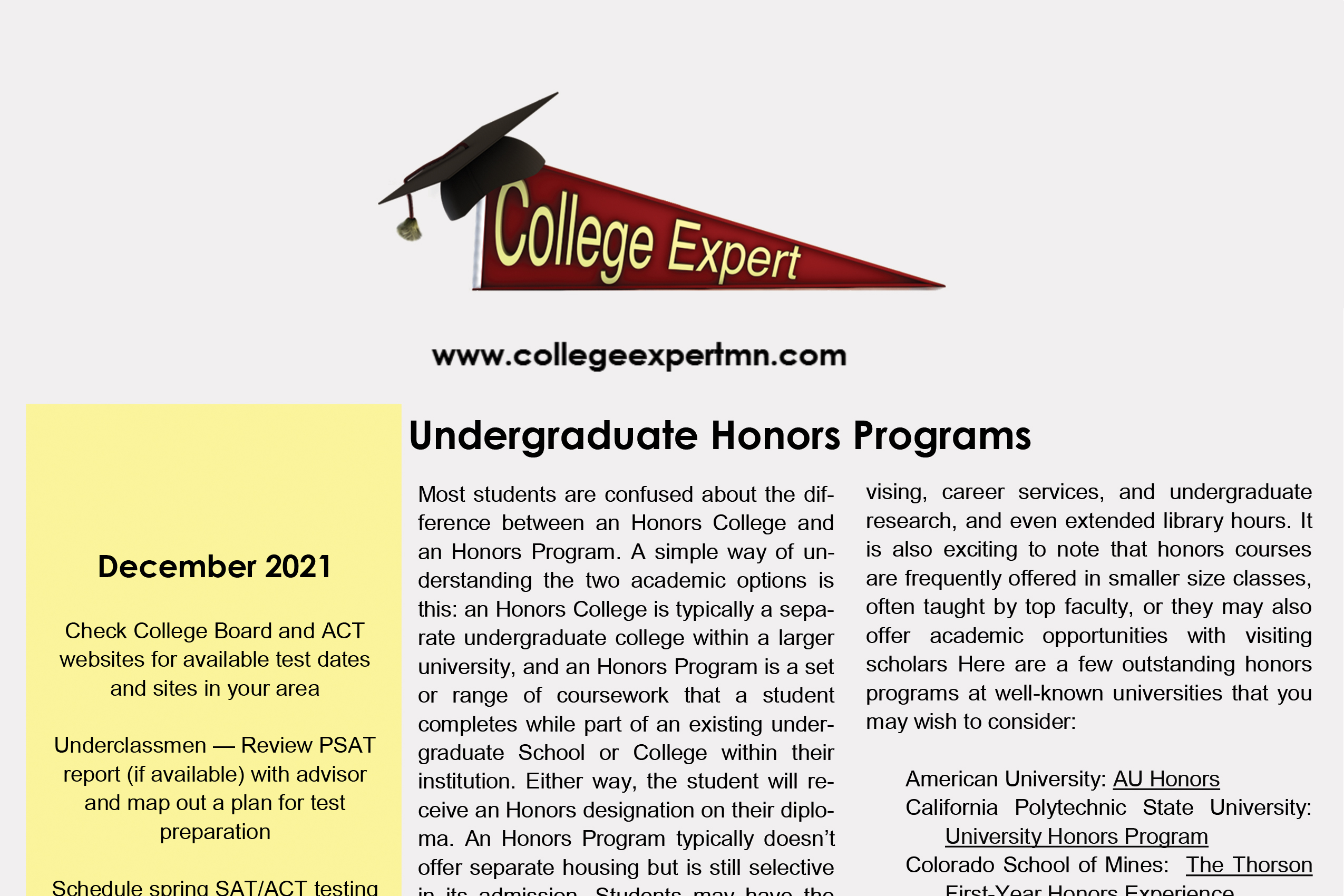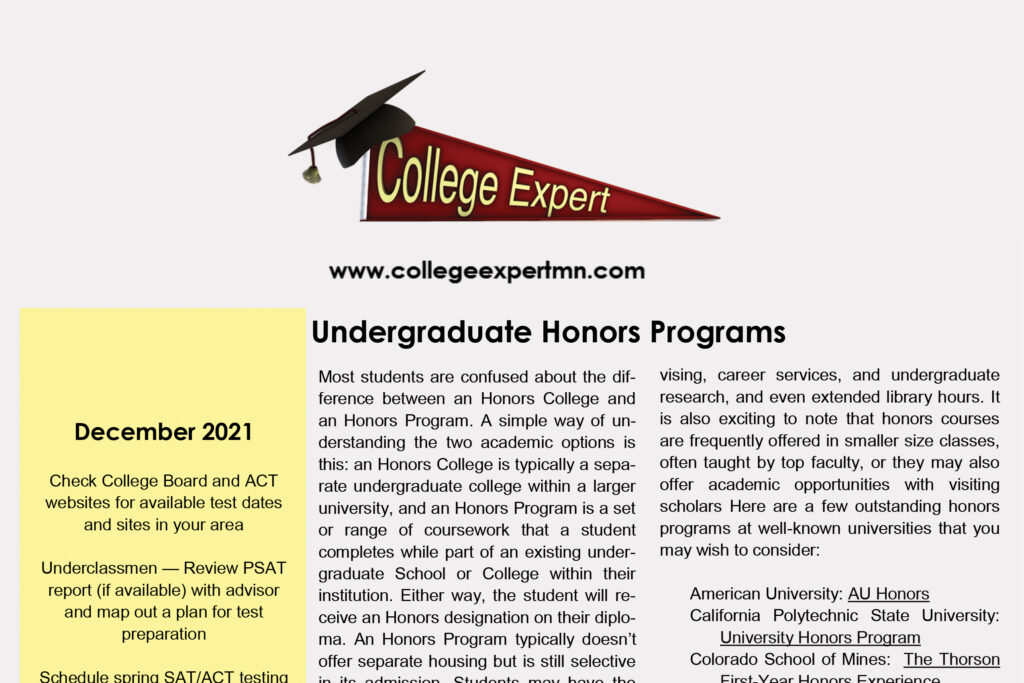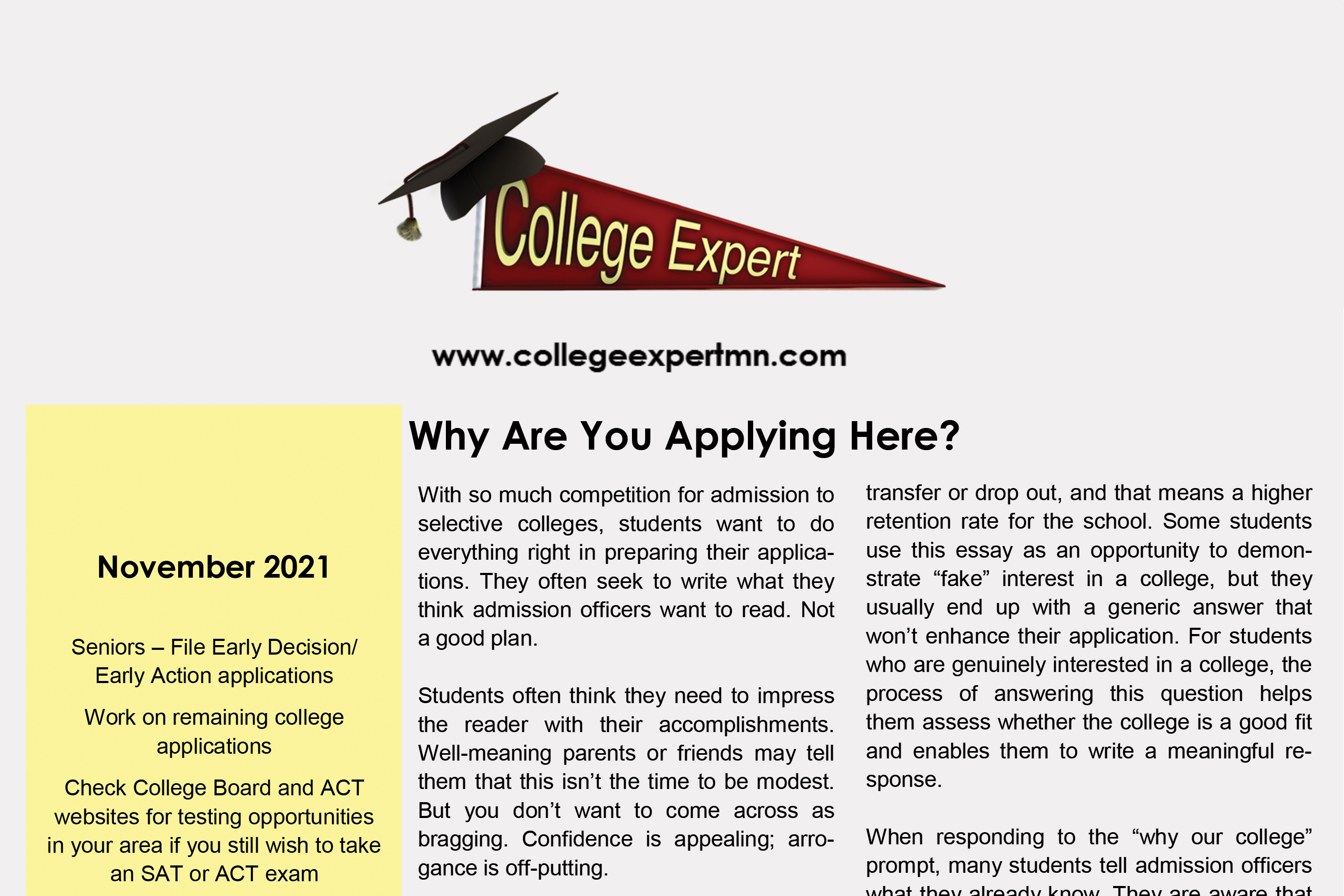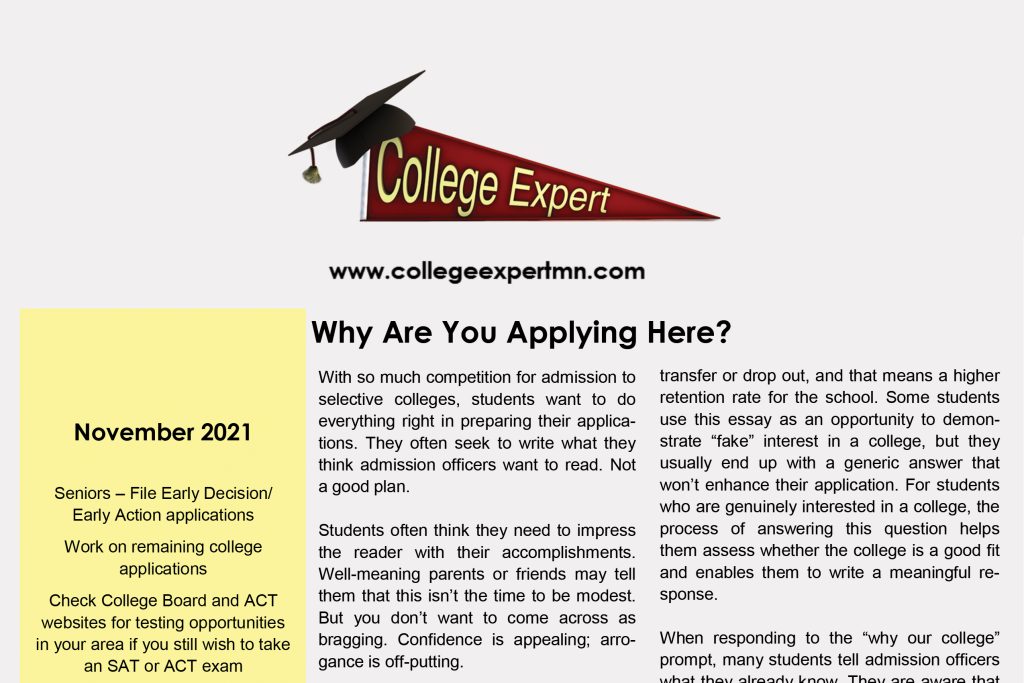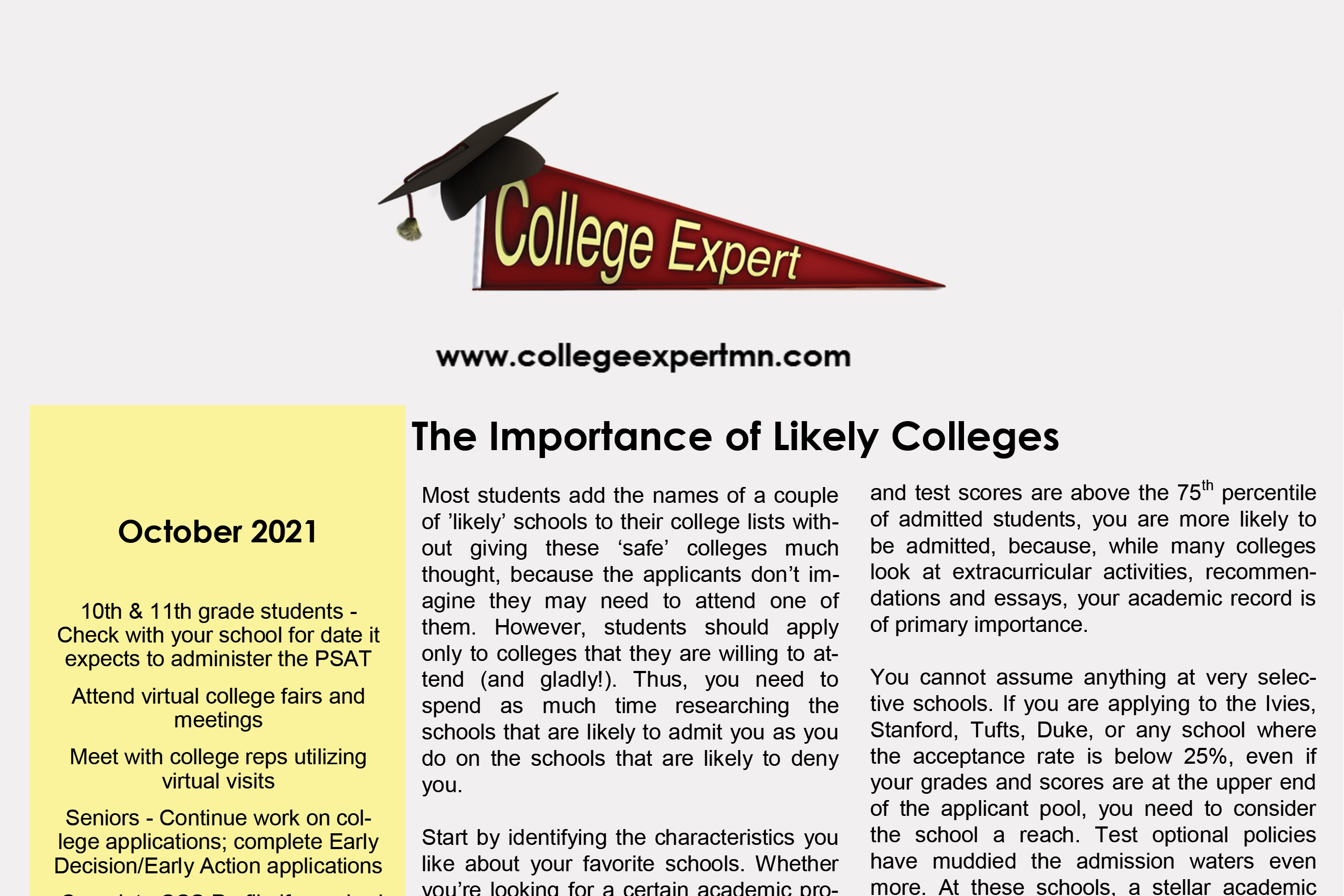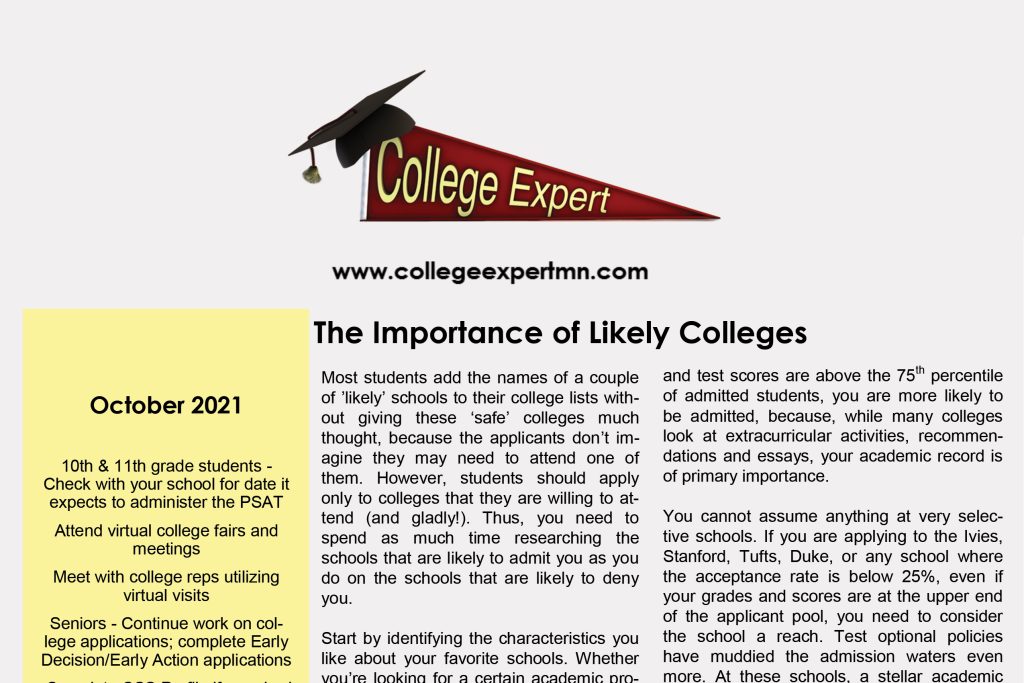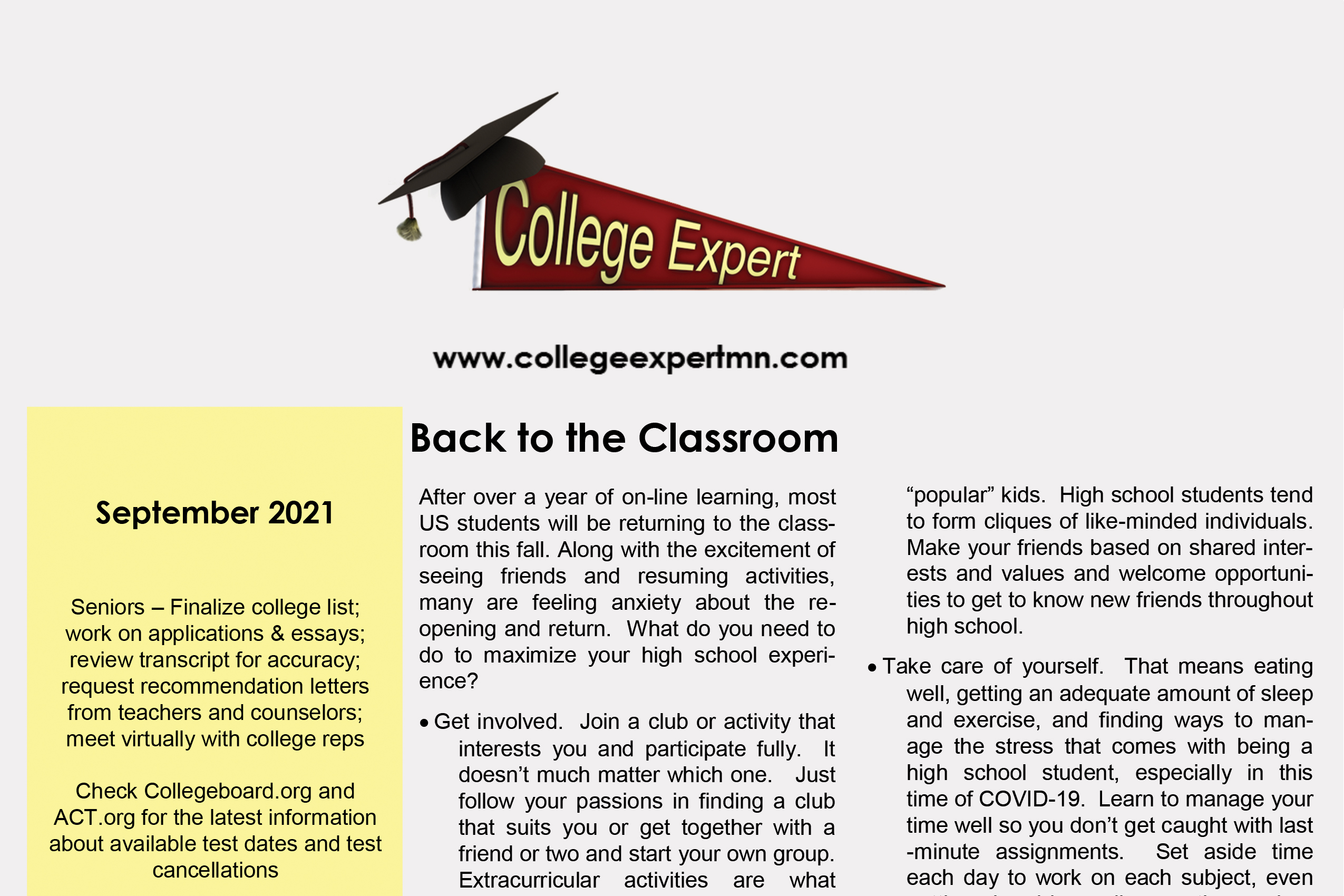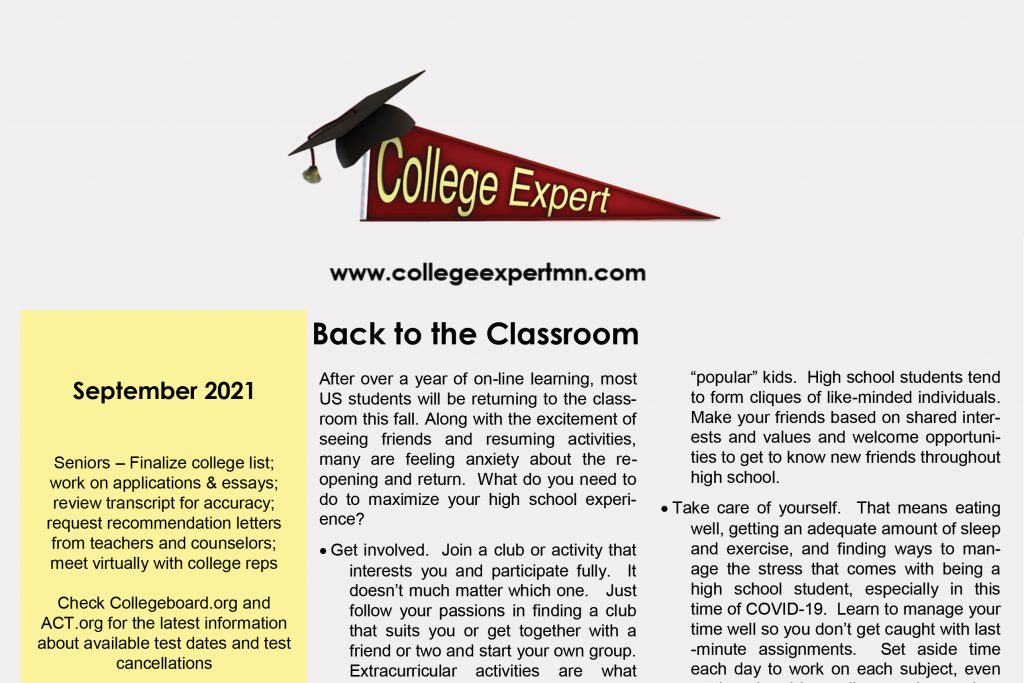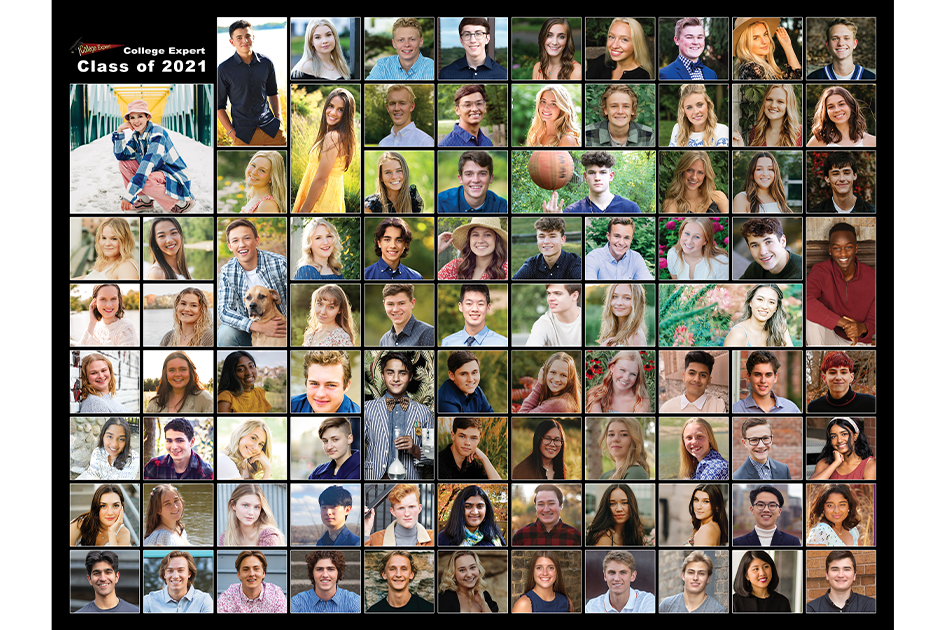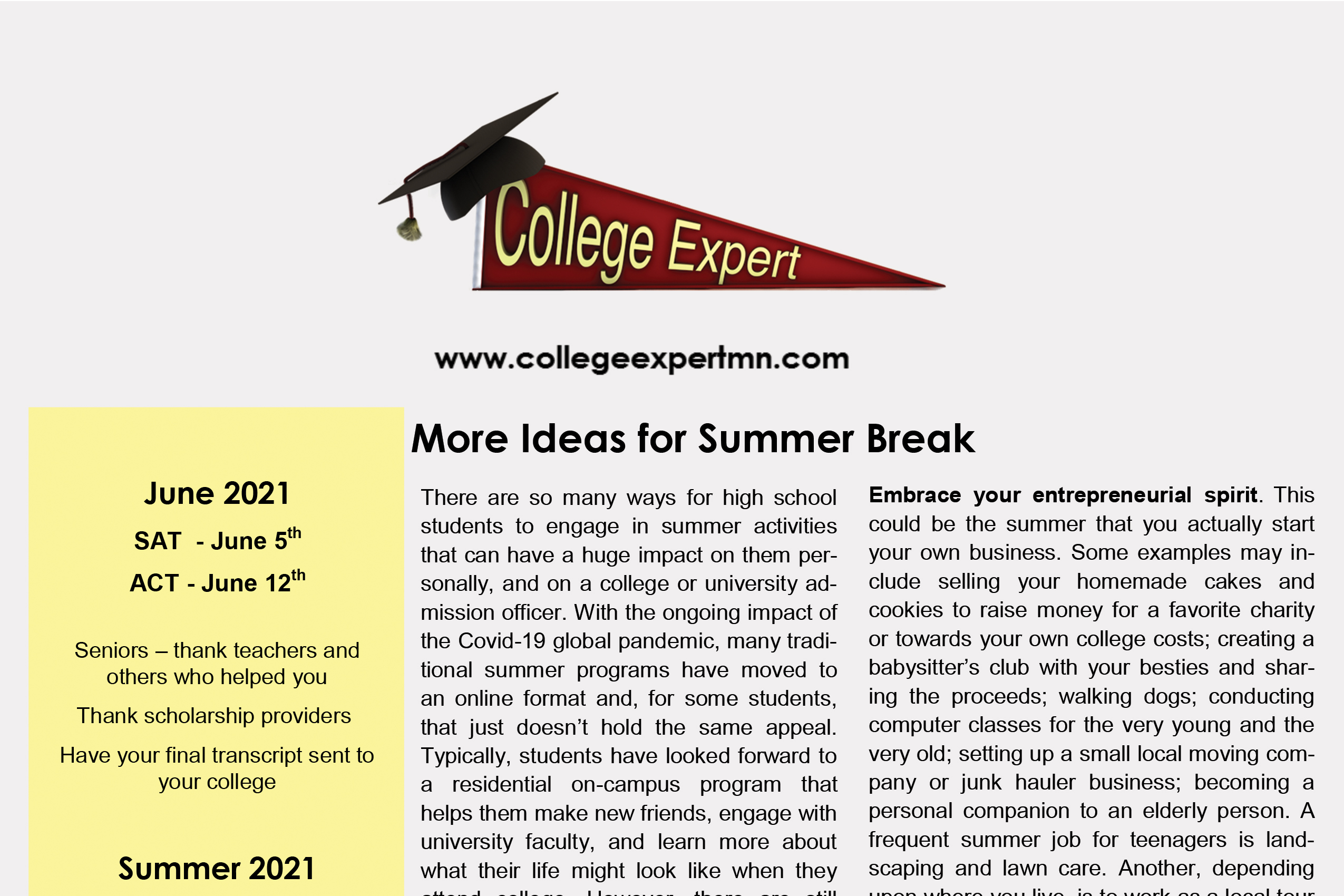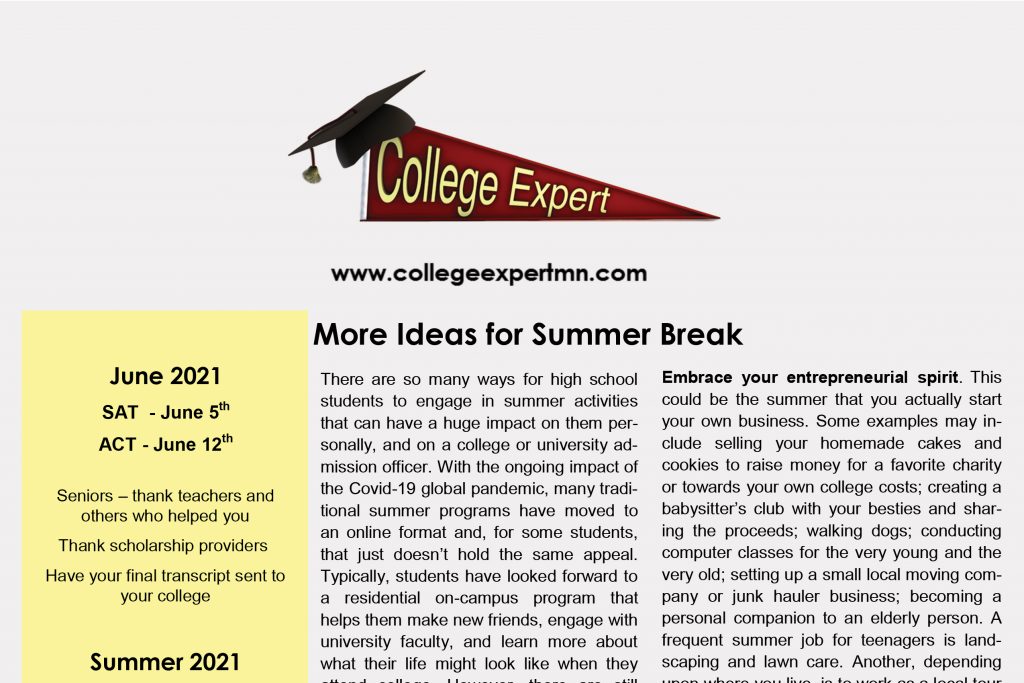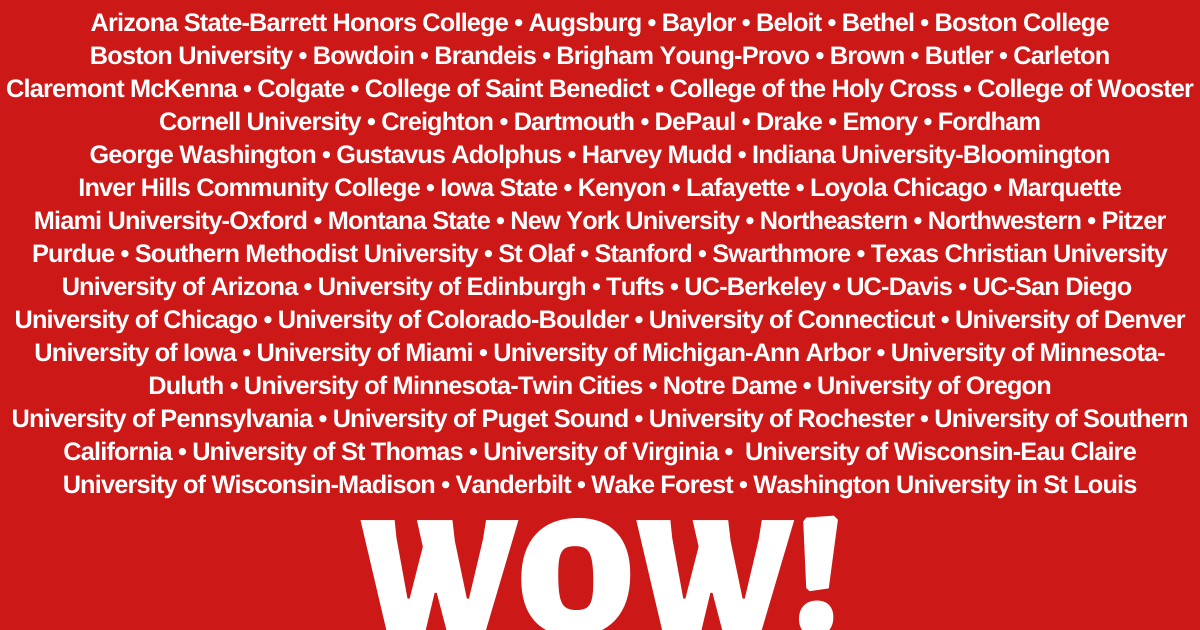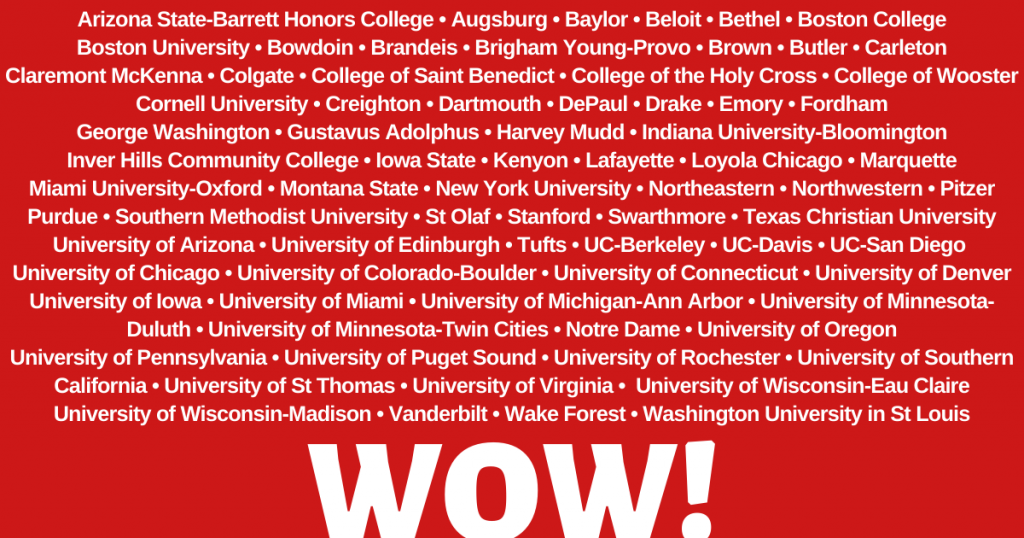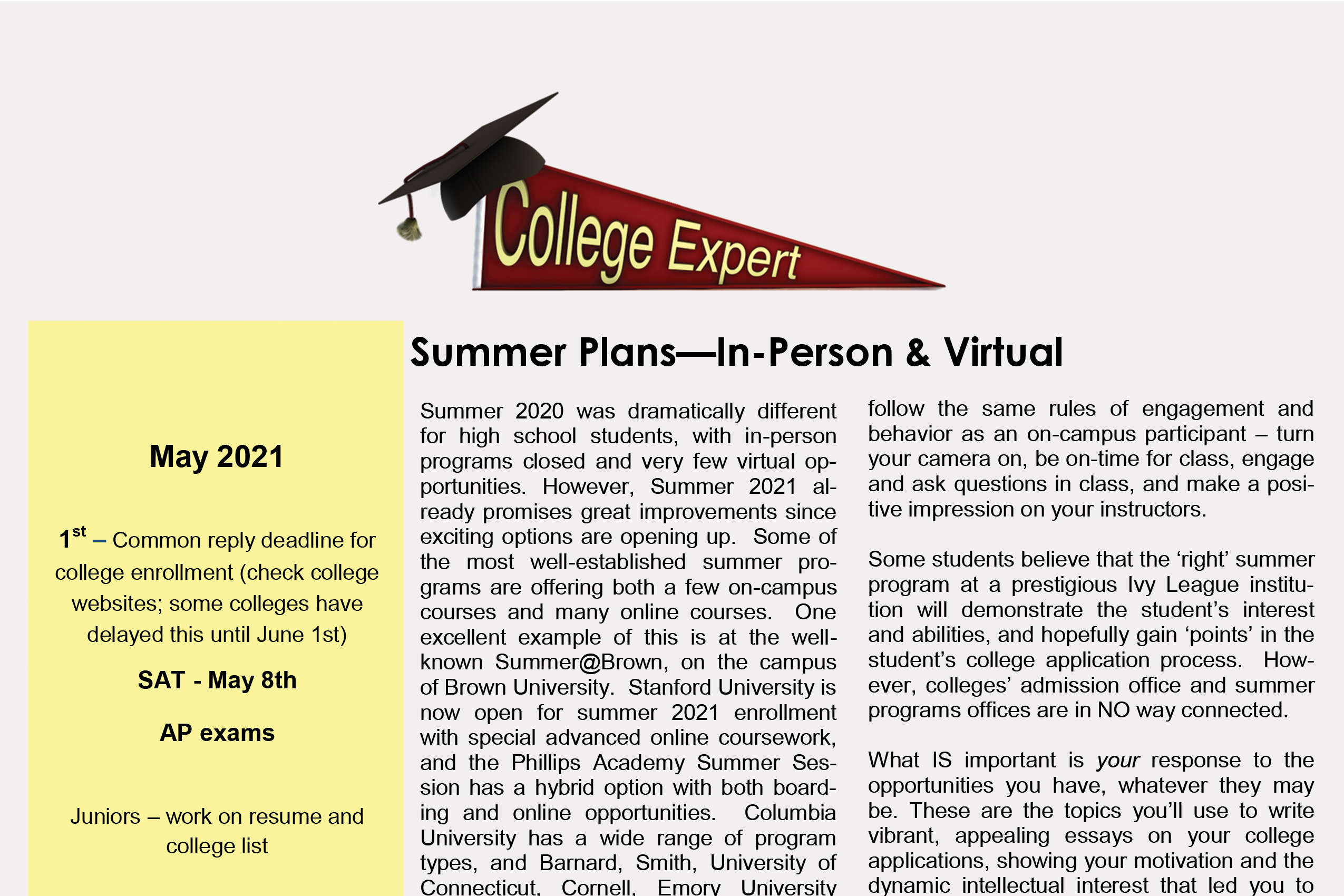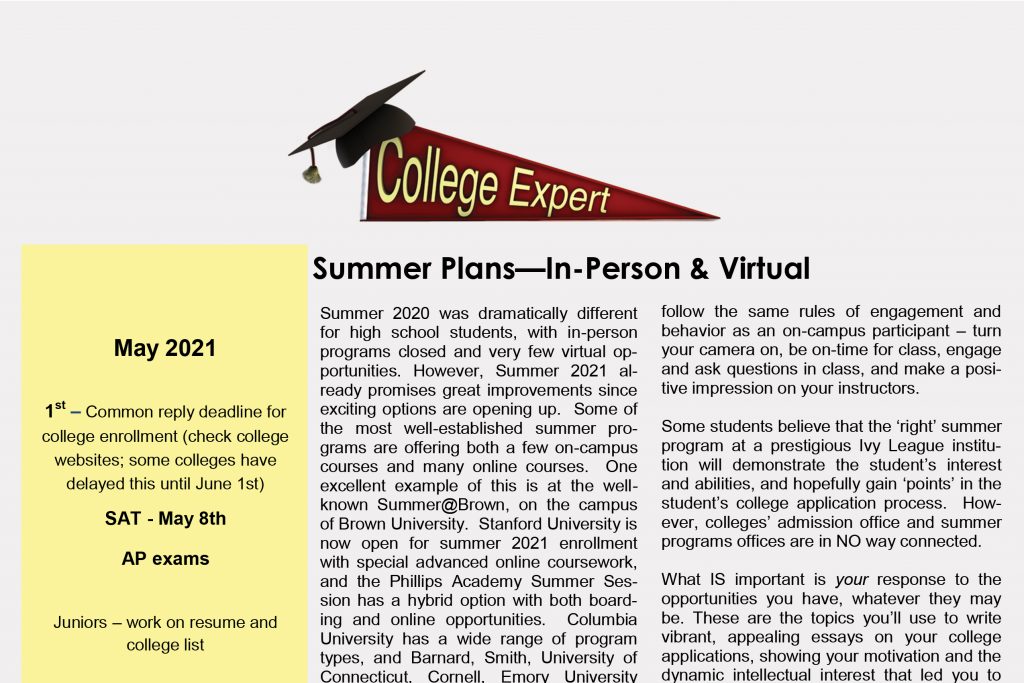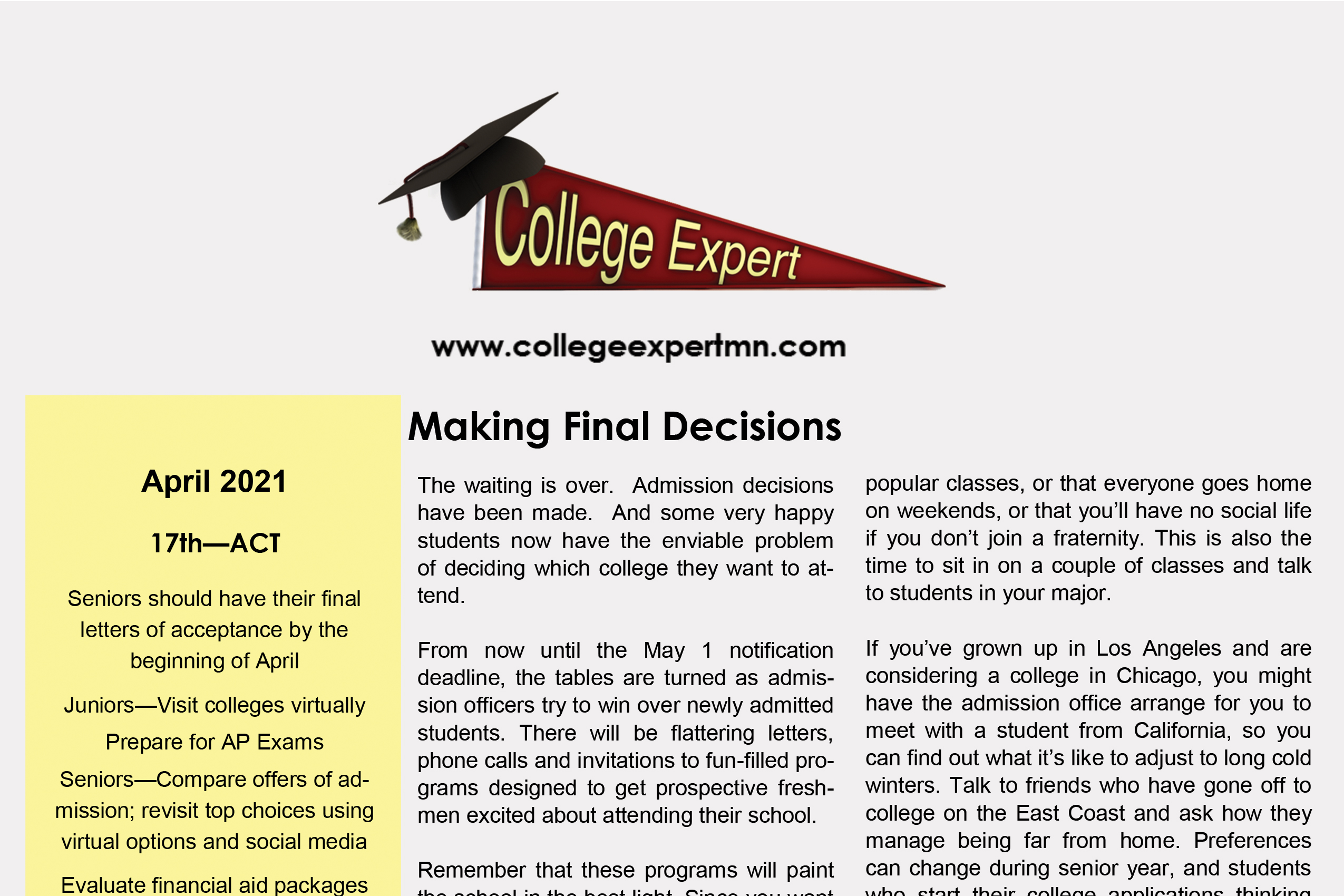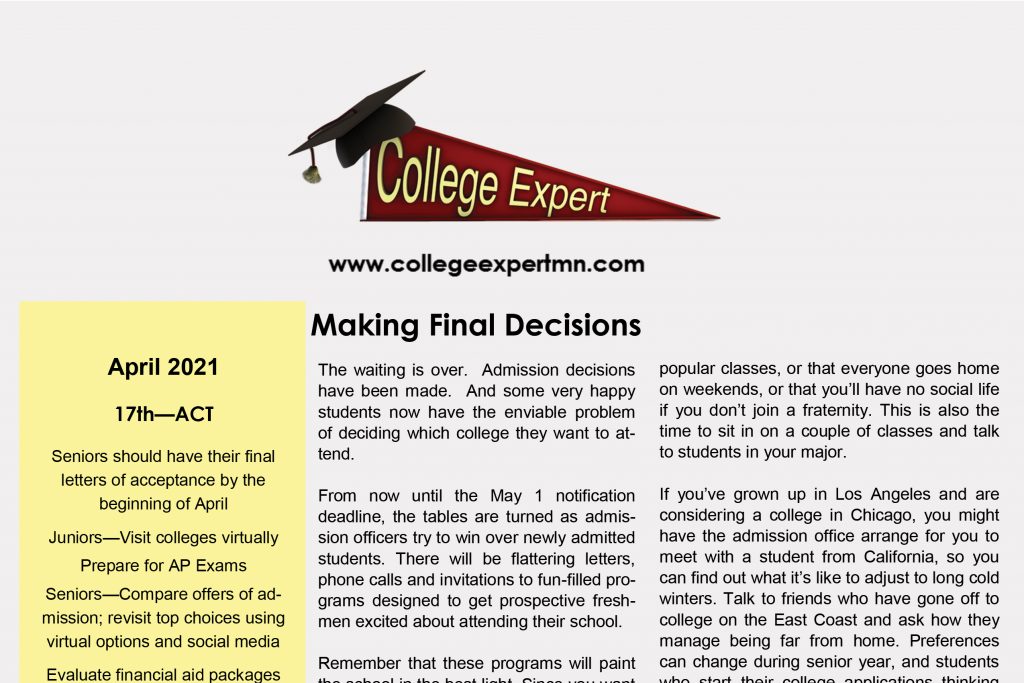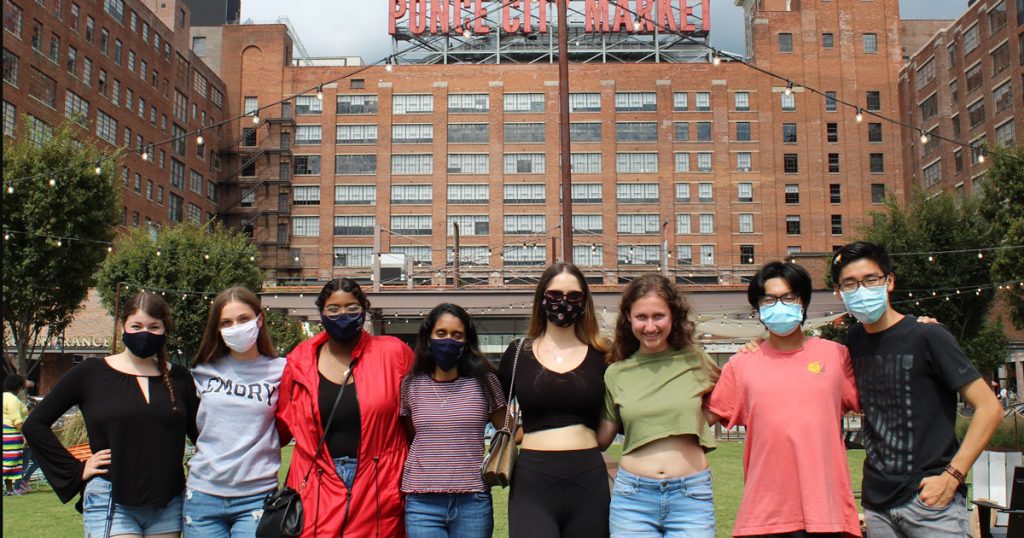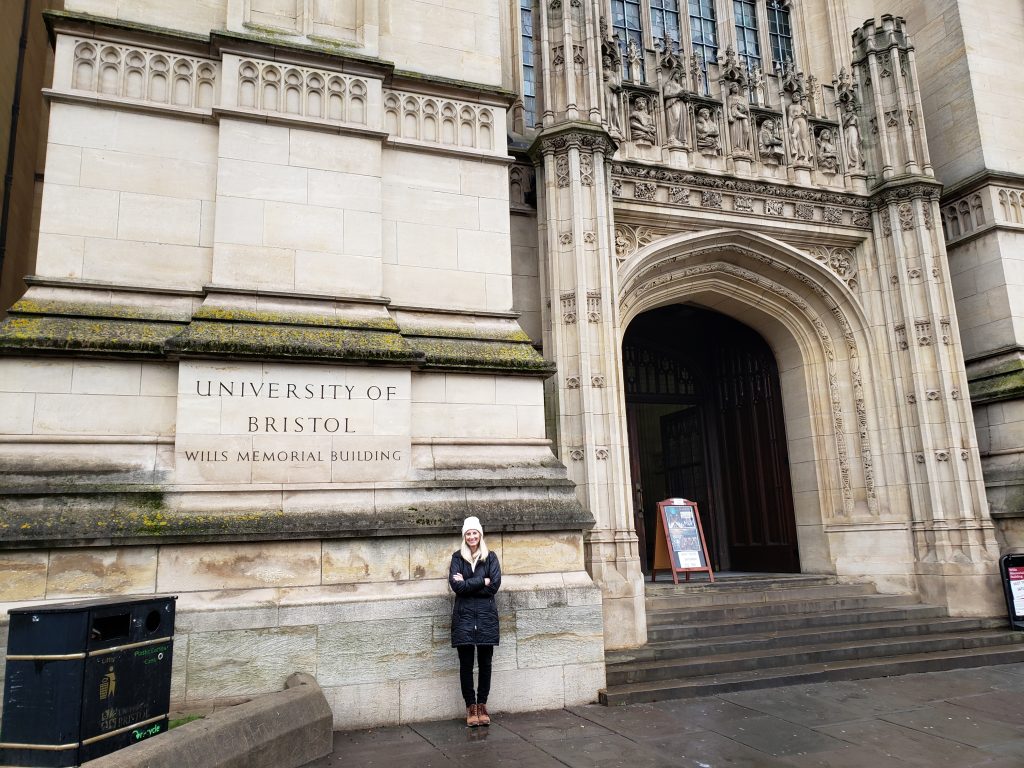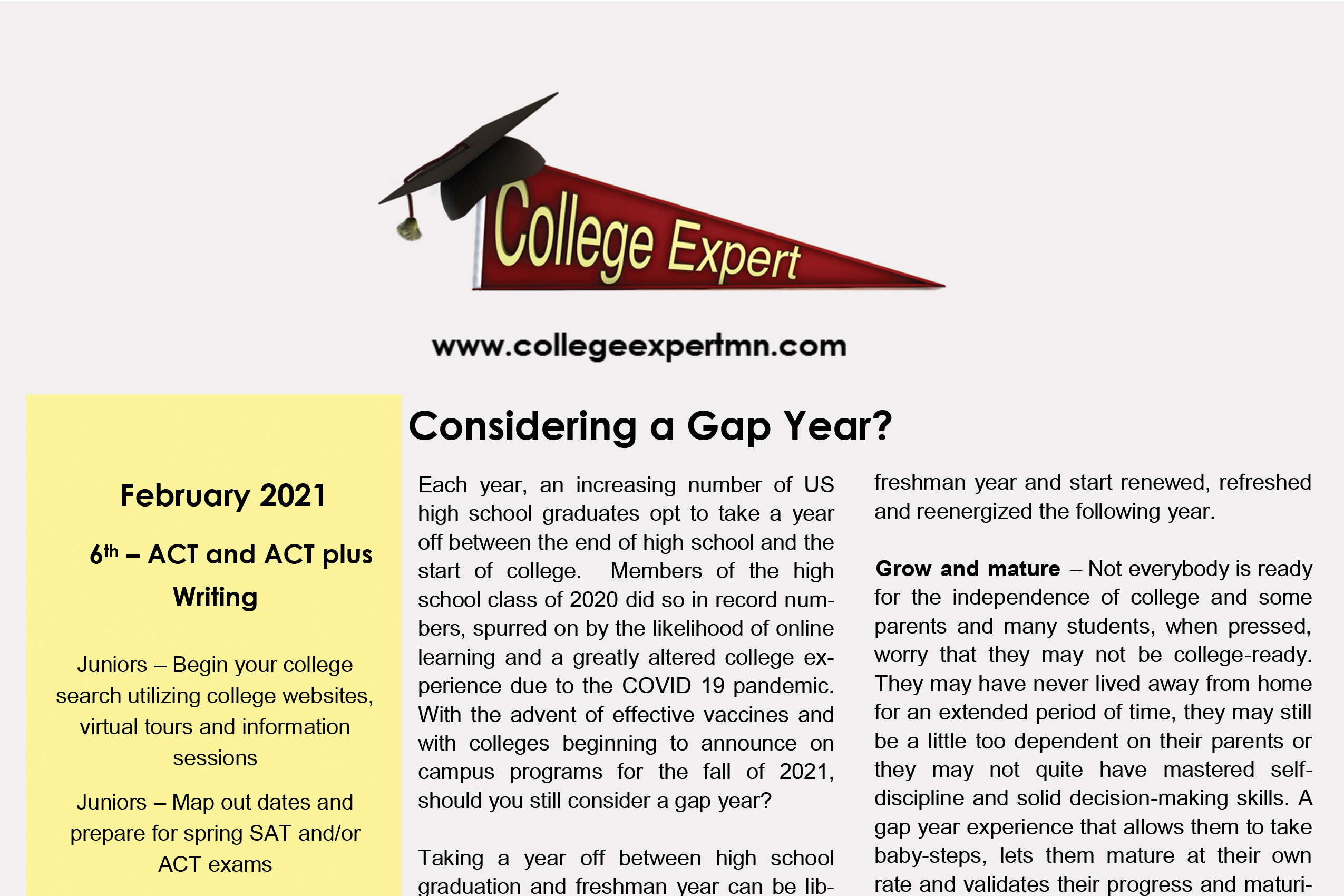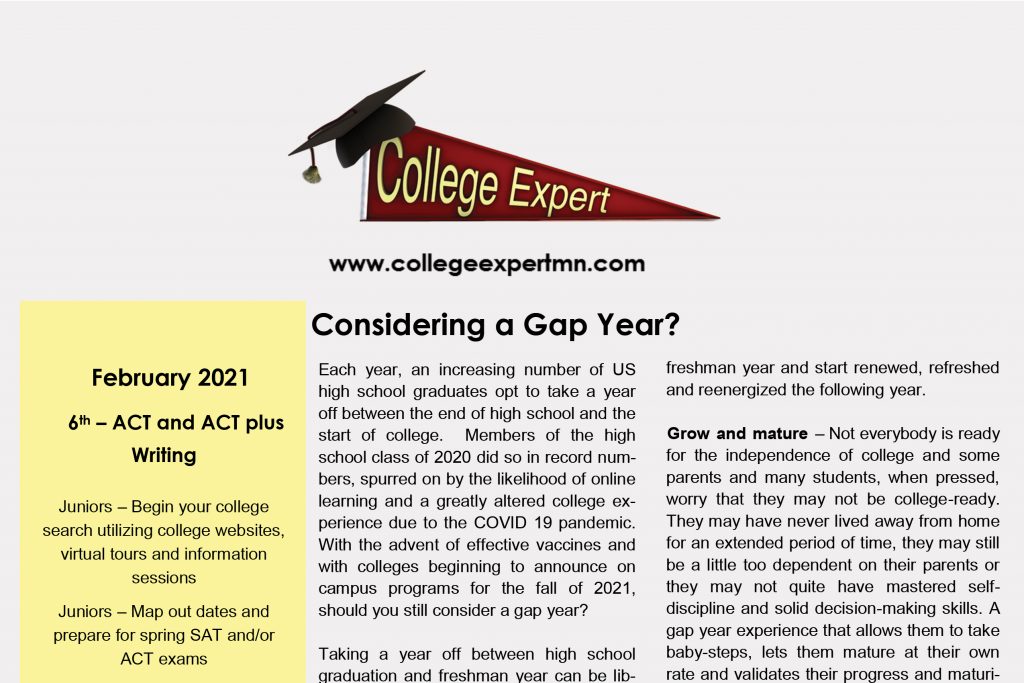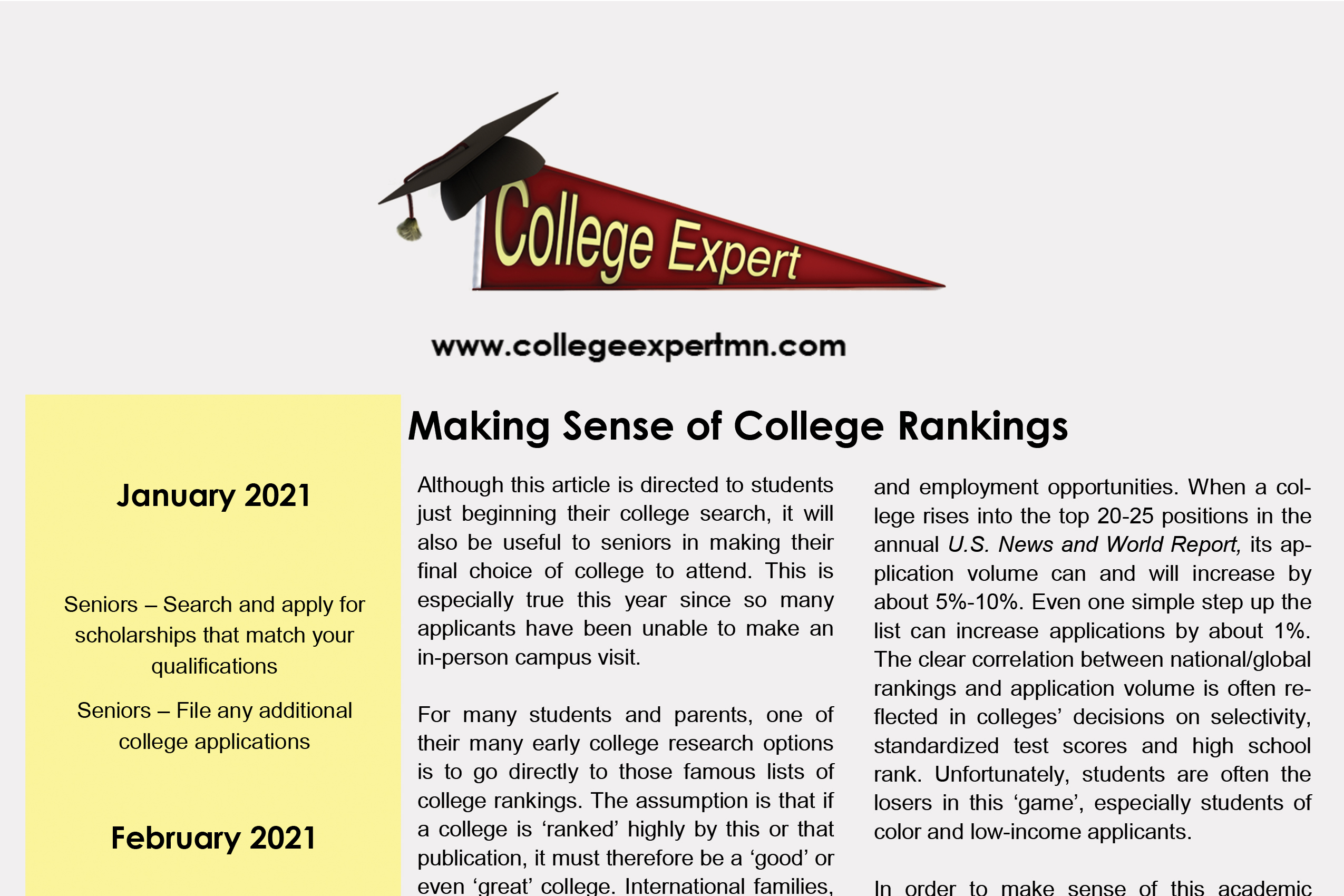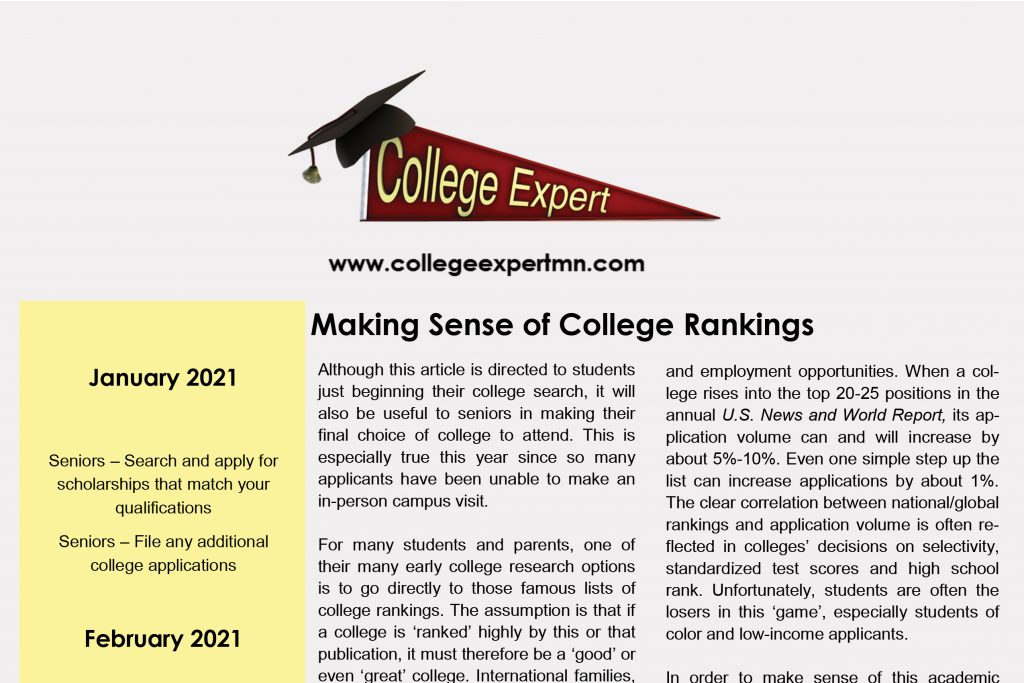By Kris Olson
After a visit to California Polytechnic University (Cal Poly) in November, I understood one of the reasons why a student from the upper Mid-West would want to apply. It was 80-degrees as I toured this mid-sized San Luis Obispo campus, a mere 15-minute drive from the beaches of California’s central coast. But even more impressive than the weather was Cal Poly’s commitment to hands-on learning – putting students in “real world” situations to prepare them for their future in whatever field they choose.
Learn by Doing
At its core, Cal Poly’s Learn by Doing philosophy “means that we don’t see a difference between the education we provide and the ‘real world.’ Here, experiences are part of the curriculum. That’s because knowledge is inextricably linked to the world around us. To learn is to do. To do is to learn. At Cal Poly, each fuels the other,” according to the calpoly.edu website. And talking with Annika, a sophomore from Minneapolis studying Architecture at Cal Poly, they actually mean it.
“From the beginning of my freshman year I took classes relating to my major in architecture,” Annika said. “It’s very hands-on, and the program integrates California and San Luis Obispo (SLO) into our projects.” And that seems to be the experience of all the students I spoke to while I visited the campus. Carsten, also a sophomore and an architectural engineering major, is also impressed with classes that focus on skills that translate to the real world. (See Annika and Carsten’s top ten lists at the end of this blog)
Cal Polyis the second largest land-holding university in California, second only to UC Berkeley, and one of the largest land-holding universities in the nation, according to the Cal Poly News. In line with its core philosophy, Cal Poly uses all of its land holdings in active support of the education of its students.
Some Facts About Cal Poly
Some quick facts about Cal Poly: Class of 2020 enrolled 21, 447 (51% male, 49% female) undergraduate students, with the College of Engineering having the most students at approximately 27-percent. With more than 150 majors and minors to choose from, Cal Poly supports all of its students with the same “learn by doing” philosophy. The six colleges consist of:
- College of Agriculture, Food and Environmental Science
- College of Architecture and Environmental Design
- College of Engineering
- College of Liberal Arts
- College of Science and Mathematics
- Orfalea College of Business
College of Agriculture, Food and Environmental Sciences (about 4,100) is part of the campus that seemed very integrated into the town of San Luis Obispo as well. While dining out in the town, just a 5-minute drive or short bike ride, many of the restaurants boasted produce grown by Cal Poly students as part of their majors. From salad ingredients to flowers and plants, students supply not only the school, but also the community at large with fresh food and student-made products like cheese, eggs, organic produce, chocolate, barbeque sauce, and various meats. And, having experienced the amazing restaurant scene in San Luis Obispo (SLO), I can vouch for the tasty, fresh foods coming directly from Cal Poly that restaurants offer on their menus!
Another unique program Cal Poly offers is Equine Science; If you are into horses, this program encompasses the science, research, management and training of horses. Students can also tailor their curriculum to fit more specific equine-related careers, such as studying nutrition or assisted reproductive therapies. Additionally, Cal Poly has the unique ability to provide enough natural land resources to sustain a large herd of horses, which can often be seen roaming the fenced-in hills around the campus. The Equine Center houses about 100 horses of all ages, uses and disciplines for students to utilize for classes, labs, and riding.
Sports
The Cal Poly Mustangs include 21 NCAA Division 1 teams and have won nearly 50 Big West Conference championships. Sports include men’s and women’s track and field, cross country, soccer, beach volleyball, and golf, among many others.
Clubs & Organizations
There is no shortage of things to do outside of classes at Cal Poly, like hiking, biking or surfing. And because of the near-perfect climate, students can take full advantage of so many year-round outdoor activities. There are over 400 established clubs and organizations, both academic and sports, to choose from, if you are interested in getting involved with like-minded students. From Ballroom Dance to Ultimate Frisbee, Surfing on the coast, or Distance Running, there’s a club for everyone here.
Admissions
As a fairly selective university, Cal Poly admitted approximately 30.83% of its applicants for fall 2021. The average SAT score of enrolled students is 1,315 and the average ACT score is 29. While the majority of students are from California, approximately 15% are from out of state, and about 1% are international. Students from 70 countries are represented here, with the majority coming from China, India, and South Korea.
Tuition and Fees
The total cost of attendance (COA) for out-of-state students for the year 2020-2021 was $44,743. This cost includes living on-campus or off-campus, tuition, fees, book & supplies costs, room & board, and other living expenses.
Student Housing
All admitted first-time freshmen are required to live on-campus at Cal Poly, so that they all “have the opportunity to participate in programmatic activities that provide a strong foundation and help students succeed.” The housing for freshmen is in traditional dorms with double and triple rooms, or private bedrooms and shared bedrooms in the campus apartments.
Cal Poly also has a two-year on-campus housing requirement for undergraduate students enrolled in the following programs:
- College of Architecture and Environmental Design
- College of Agriculture, Food, and Environmental Sciences
- College of Engineering
- The Cal Poly Scholars Program
- Student-Athletes
Top Ten Lists
Two current sophomores at Cal Poly recently gave me their top ten list of the best things about Cal Poly, as well as a few drawbacks.
Annika (from Minneapolis)
- Location – close to beach and surfing, hiking, biking
- Learn-by-doing – school is very “hands-on” focused
- Integrate California and San Luis Obispo (SLO) into class projects
- Start taking classes related to major in freshman year
- Very close to the town of SLO – shopping, restaurants, farmer’s market
- Fresh foods, produce, meats, cheese from Cal Poly sold at the market
- Professors are very experienced and successful in their fields
- Great internship opportunities; 4th-year architecture students can decide between interning in San Francisco, L.A., or studying abroad
- Passionate and involved students
- Real-world projects
Carsten (from Arizona)
- Knowledgeable professors who are always willing to help
- Students take major-based classes from the beginning of freshman year
- Motivated students in a collaborative, non-competitive environment
- Great location between the hills and the ocean
- Plenty of on-campus job opportunities
- Hands-on learning
- Weather is great
- Skills learned in classes translate to real-world situations
- Faculty advising for your major is required before registering for classes to ensure you are taking the right ones.
- Study abroad opportunity with sister-school in Lithuania led by Architectural Engineering professor
A few negatives were mentioned, too:
- On-campus dining options are limited – only one dining hall (but it’s brand new!)
- Some say it is hard to switch majors
- Sometimes it’s hard to get into freshman classes
Visit Calpoly.edu for more information on everything this central California coast university has to offer!
